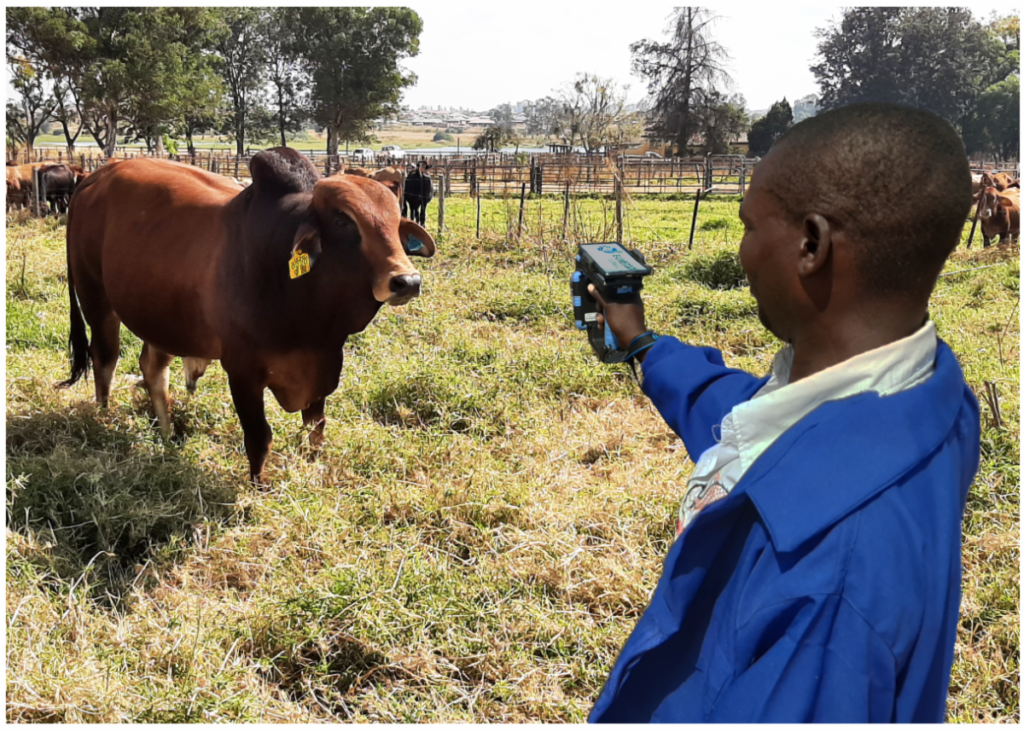
The Permanent Secretary, Federal Ministry of Agriculture and Food Security, Temitope Fashedemi, has expressed displeasure over the decline of agricultural productivity in most parts of northern states, linking the challenge to climate risks and natural disasters, like flooding, rainfall variability, and deforestation.
Fashedemi, who disclosed this at ACReSAL Project Stakeholders Workshop in Abuja, observed that Nigeria is experiencing diverse climatic conditions and is listed among the countries most exposed to impacts on farming.
He also explained that since inception of ACReSAL, they have been working to reverse the adverse effects of land degradation and other climate change problems, which has closely aligned it with the vision and mission of the ministry .
“The project has supported the ministry’s capacity to respond to the dual challenges of agricultural land degradation, climate change, through strategic partnerships and initiatives, that support the integration of climate-resilient agricultural practices,” he added.
The permanent secretary hinted that Nigerian Farmers Soil Health Card Scheme, and Climate Smart Agriculture Manual Development, Upgrade of National Soil Testing Laboratories and Conduct of Soil Fertility Evaluation are equally underway.
Fashedemi said: “This will enhance the ministry’s ability to sustainably improve food security, and safeguard rural livelihoods. We will continue to leverage on this support to advance our mission and further improve our services.
“The technological resources provided through ACReSAL project will enhance efficiency, improve data management and capacity to achieve the ministry’s goals, and its impact is also evident in 19 northern states and FCT, where it has directly addressed the vulnerabilities of semi-arid landscapes.”
Also speaking, the Permanent Secretary, Federal Ministry of Water Resources and Sanitation, R.P. Pheelangwa, argued that the initiative represents a significant step forward in their collective efforts to improve water management, promote sustainable development, and enhance the livelihoods of the communities that depend on this vital ecosystem.
Pheelangwa stated that this would foster an atmosphere of mutual respect and understanding, “we can build a strong foundation for a successful strategic catchment plan that not only meets our current needs, but also paves the way for future generations.
“It is essential that we harness the power of collaboration to address the complex challenges facing the catchment area, from environmental degradation to socio-economic disparities. We can identify innovative solutions that promote resilience and sustainability for the communities involved.”






